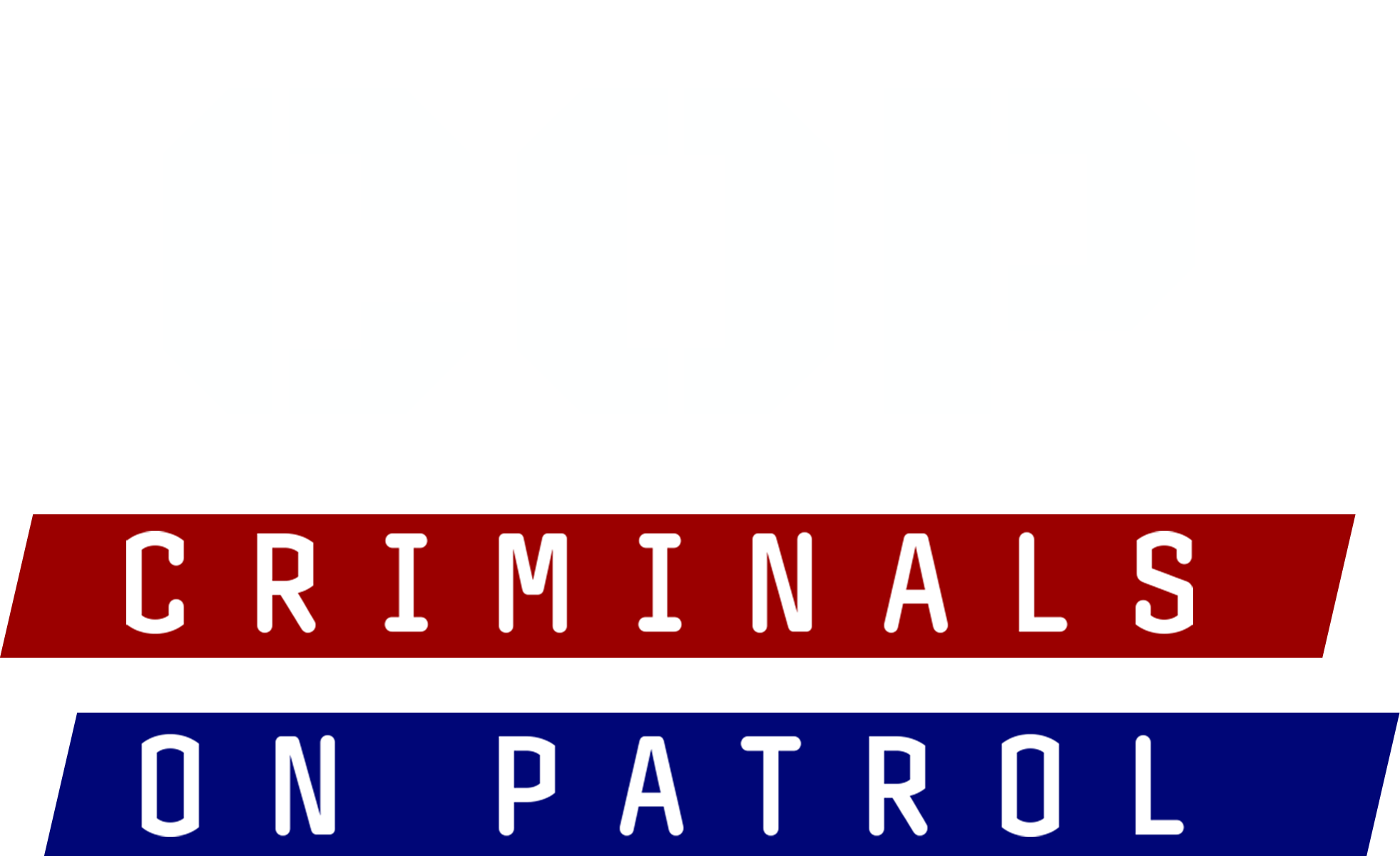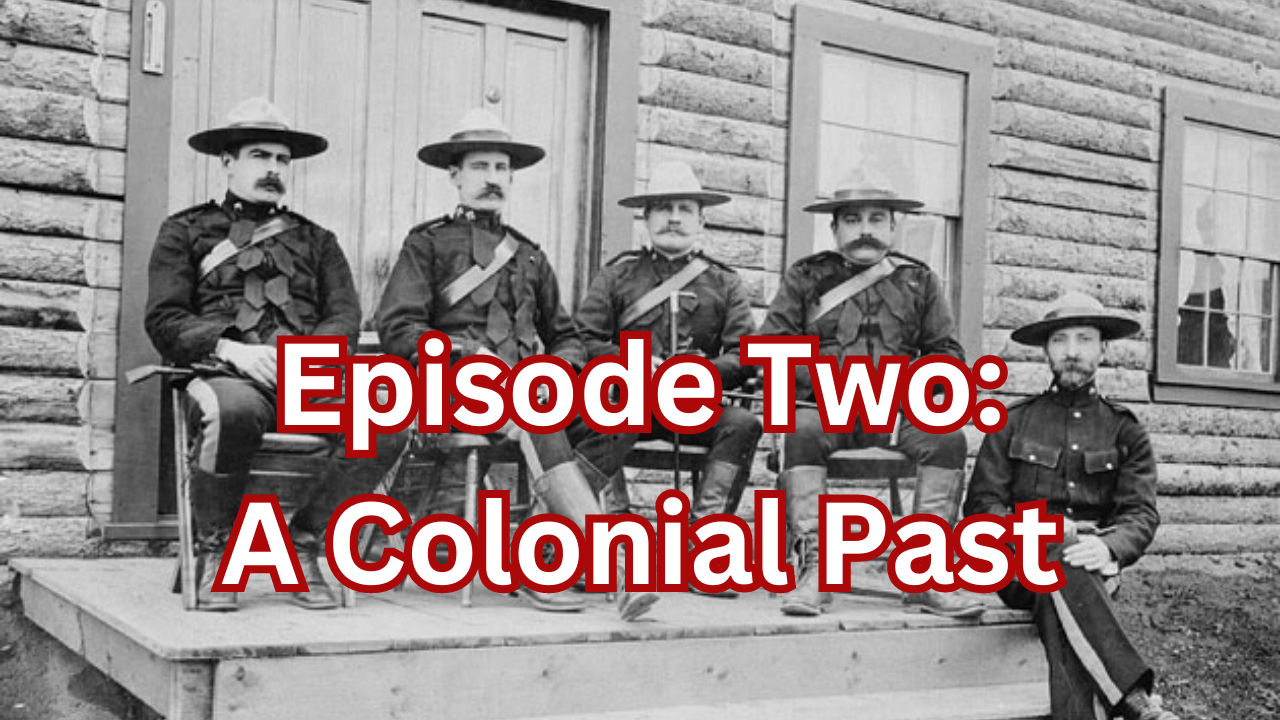
RCMP 150
This year (2023) marks the 150th anniversary of Canada’s national police force, an iconic institution that started out as the North West Mounted Police (NWMP) and transformed into the Royal Canadian Mounted Police (RCMP).
Just in time for the summer tourism season, you can expect to see RCMP members dressed in their iconic red surge. The red surge is the dress uniform of the RCMP which consists of a military-style red tunic with high-neck collar and blue pants with a yellow stripe down the side.
On the RCMP 150 website you can see a list of celebratory events from parades and barbeques to horse races and the musical ride. There are even “meet a Mountie” days.
Yet, we don’t see much hoopla on the ground or in the media and understandably so.
This anniversary comes on the heels of numerous RCMP scandals and failures from billion-dollar class actions by female RCMP officers for sexual abuse and harassment by their male colleagues, to critical RCMP failures which contributed to the mass casualty in Port-a-Pique, NS.
Not to mention their role in the crisis of murdered and missing Indigenous women & girls, either as RCMP officers who failed to properly investigate the disappearances of Indigenous women and girls or as the actual perpetrators of sexualized violence against Indigenous women and girls.
The RCMP are not very popular these days, but were they ever?
In our last episode, we asked the question: Were the RCMP and its earlier iteration the NWMP, friends to Native peoples or were the RCMP enforcers in the colonial project to get rid of the Indian problem once and for all?
In Episode 2: A Colonial Past, we start our investigation into the RCMP by diving into the historical research and consulting with the experts. I also contacted the RCMP before creating Season 1, requesting an interview on the subjects we will cover in this podcast, but they declined to be interviewed.
Are Celebrations Warranted?
Throughout 2023, the RCMP will be engaging in nationwide events to celebrate its 150th anniversary. It’s clear the RCMP are promoting the idea that its organization has a history in which we can all be proud and that their sole purpose is our collective safety.
But are these celebrations warranted? Are the RCMP what they portray themselves to be – an organization rich in history and dedicated to keeping Canadians safe? To answer this question, we’ll have to take a deep dive into their history – all 150 years of it.
Given the RCMP’s colonial past, should we be celebrating? To help answer this question, I consulted the experts.
Dr. Sean Carleton
Dr. Sean Carleton is an Assistant Professor in the departments of History and Indigenous Studies at the University of Manitoba with a PhD from Trent University. He has written numerous scholarly articles on Canada’s colonial history and a new book from UBC Press called: Lessons in Legitimacy: Colonialism, Capitalism, and the Rise of State Schooling in British Columbia.

I asked him: What’s up with RCMP 150 Should we be commemorating them? This feels like the RCMP version of copaganda to me. Are they truly the heroes on horses deserved of their iconic status in Canada’s history?
In his response, Dr. Carleton urged Canadians to better understand the history of the RCMP, including its beginnings as the NWMP, “a colonial, paramilitary force” created to suppress Indigenous resistance. To his mind, the RCMP 150 commemoration is the perfect time to grapple with these pressing questions.
Unfortunately, the Mountie mythology of heroes on horses is an illusion which prevents many Canadians from seeing the “complicated origins of the force” and their past and current interests in “serving and protecting the interests of colonialism and capitalist accumulation in Canada.”
The mythology also doesn’t stand up to the reality of RCMP officers “dressed in camo gear and armed with automatic rifles arresting unarmed indigenous people”. Dr. Carleton calls on us to see the “stark contrast between galloping mounts of the musical ride a and the militarized police force sent in to be the muscle for an energy company”.
So, it’s obvious that the RCMP are not friends to Indigenous peoples. But what about in the early days? Were the NWMP friends to Indigenous peoples? I decided to ask this question of another well-known historian: Dr. James Dashcuk.
Dr. James Daschuk

Dr. Daschuk
Dr. James Daschuk is a well-respected professor at University of Regina with a PhD in History from the University of Manitoba.
His book: Clearing the Plains: Disease, Politics of Starvation and the Loss of Aboriginal Life published by the University of Regina Press in 2013, was named one of the 25 most influential Canadian books of the last 25 years. It also won the Governor General’s Medal for scholarly research in 2014.
When I interviewed Dr. Daschuk, he seemed to suggest that the predecessor of the RCMP – the NWMP – were in fact friends to First Nations. I was a little surprised to hear this, so I asked him to explain.
In his view, based on the historical records, Dr. Daschuk feels that the NWMP were a “force for good”. He explained that at the time, there were numerous whiskey traders killing Indigenous people so this new force of 200-300 men marched west and “shut down the whiskey trade almost overnight”.
In his view: “I honestly think that for the first decade of their tenure here in the West, they were, from what the documents say, had good relations with First Nations people.” Fort Walsh, a NWMP post, was used as a “humanitarian aid center” in the late 1800’s for Indigenous peoples.
“The Mounties, I think, provided rations in good faith.”
But this isn’t the end of the story. Dr. Daschuk clarified that there was a turning point when the railway program moved west and the responsibility for the NWMP “shifted from the Department of the Interior to the Department of Indian Affairs”.
In a matter of months, “the Mounties went from being the advocates of First Nations people to being, I guess, the agents of their oppression.”
The Mounties became the brutal enforcers of colonial laws and policies – both the official policies and the unofficial ones. From killing Indigenous peoples, public hangings, and withholding food rations; to enforcing the pass system, forced relocations and forcing Indigenous children to go to Indian residential schools; their relationship with Indigenous peoples had clearly changed.
While Dr. Daschuk reminded me that it was not all of the government officials or all of the NWMP that acted this way, he also acknowledged that there were “no reigns on the [bad] apples” and that individuals had too much power and authority. It also appears that Canada’s first Prime Minister, Sir John A. MacDonald, was aware of some of these injustices to Indigenous peoples.
Getting “rid of the Indian problem” requires force and the NWMP and later the RCMP served that role of colonial enforcer.
Whether the NWMP started out as “friends” to Indigenous peoples, both experts agree that the NWMP – and later the RCMP – quickly transitioned to violent oppressors of Indigenous peoples, serving the colonial agenda which sought to colonize and exploit Indigenous lands, resources, and peoples.

Next Episode
Some of you might be wondering whether or not we should cut the RCMP a break, since the days of the NWMP and any harms they may have done to Indigenous peoples was long ago. Surely we can’t hold the RCMP responsible for what happened in the 1800’s?
In next week’s episode, we hope to answer these questions. We will hear from award-winning documentary film maker Alex Williams and other experts about the role of the RCMP in enforcing Canadian policies – like the pass system and Indian residential schools.
We will dig into the historical records and find out what role the RCMP played – legally or otherwise – in suppressing, oppressing, and dispossessing Indigenous peoples of their lands, resources, and sometimes their lives.
Don’t forget to subscribe to this podcast so you don’t miss any episodes!
For more info…

For more information about the host of this podcast, Dr. Pam Palmater and access to her publications, check out her website.

You can also check out the new National RCMP Research Council – a group of activists, researchers, and academics who share concerns about the mythologization of the Royal Canadian Mounted Police and its present day problems.
Selected Resources
- National RCMP Research Council
- D/Commr Zablocki’s Invitation to Albertans to Celebrate the RCMP’s 150th Anniversary (May 23, 2023)
- RCMP 150 Capilano Suspension Bridge (July1, 2023)
- Richmond RCMP – RCMP 150 – A Message from Richmond RCMP’s Officer-in-Charge (May 23, 2023)
- James Daschuk, Clearing the Plains: Disease, Politics of Starvation, and the Loss of Indigenous Life (2019)
- Sean Carleton, Lessons in Legitimacy: Colonialism, Capitalism, and the Rise of State Schooling in British Columbia (2023)
- Gidimt’en Yintah Access website pictures, videos and other information (with permission)
- Ossie Michelin, Freelance Journalist
- Pamela Palmater website – various publications

